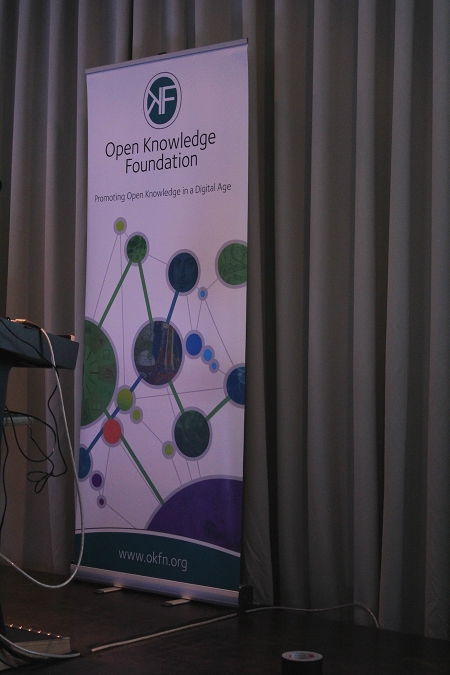reactor reaction
Wednesday, July 27th, 2011For those who were interested in the discussion about the travelling wave reactor (TWR). According to the Technology review article: Advanced Reactor Gets Closer to Reality the reactor concept of the TWR had been changed completely:
In the new design, the reactions all take place near the reactor’s center instead of starting at one end and moving to the other. To start, uranium 235 fuel rods are arranged in the center of the reactor. Surrounding these rods are ones made up of uranium 238. As the nuclear reactions proceed, the uranium 238 rods closest to the core are the first to be converted into plutonium, which is then used up in fission reactions that produce yet more plutonium in nearby fuel rods. As the innermost fuel rods are used up, they’re taken out of the center using a remote-controlled mechanical device and moved to the periphery of the reactor. The remaining uranium 238 rods—including those that were close enough to the center that some of the uranium has been converted to plutonium—are then shuffled toward the center to take the place of the spent fuel.
(remark: my comment on Azimuth to the previous concept may give some hints why they may have wanted to change their reactor design)
The new design sounds to me less futuristic and to be more like a “conventional” breeder running in burner mode (that is you fill an inside (a “core”) with fissile material breed the fertile material around it (in a “blanket”) into fissile material). The original idea of guiding the nuclear reaction through a cylinder (which I found futuristic) seems thus to had been given up.
Concerning the new concept: I might believe that the nuclear reaction may travel a bit through the blanket in fact I could imagine that this is partially happening already in “conventional” breeders. In particular I wonder wether there weren’t already some experiments on how thick a blanket could be for sustaining a reaction (maybe even in some russian journals of the 70s). But apart from this concept – it is not clear to me how much actinides are left in the fuel rods that are taken out (like in a integral fast reactor these rods are usually supposed to be put to reprocessing) – this concerns the possible waste. Moreover the problem of a sodium leakage (see e.g. the talk slides ) and the other problems mentioned in the Tech Review article and that of similar breeders are still there.
Meanwhile you can listen and see here, how things are going if something goes wrong with nuclear technology:
(via boingboing)
